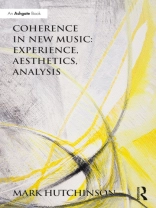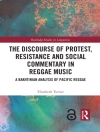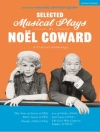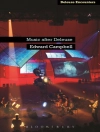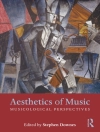What does it mean to talk about musical coherence at the end of a century characterised by fragmentation and discontinuity? How can the diverse influences which stand behind the works of many late twentieth-century composers be reconciled with the singular immediacy of the experiences that they can create? How might an awareness of the distinctive ways in which these experiences are generated and controlled affect the way we listen to, reflect upon and write about this music? Mark Hutchinson outlines a novel concept of coherence within Western art music from the 1980s to the turn of the millennium as a means of understanding the work of a number of contemporary composers, including Thomas Ades, Kaija Saariaho, Toru Takemitsu and Gyorgy Kurtag, whose music cannot be fitted easily into a particular compositional school or analytical framework. Coherence is understood as a multi-layered phenomenon experienced, above all, in the act of listening, but reliant upon a variety of other aspects of musical experience, including compositional statements, analysis, and connections of aesthetic, as well as listeners’ own, imaginative conceptualisations. Accordingly, the approach taken here is similarly multi-faceted: close analytical readings of a number of specific works are combined with insights drawn from philosophy and aesthetics, music perception, and critical theory, with a particular openness to novel metaphorical presentations of basic musical ideas about form, language and time.
Mark Hutchinson
Coherence in New Music: Experience, Aesthetics, Analysis [EPUB ebook]
Coherence in New Music: Experience, Aesthetics, Analysis [EPUB ebook]
Buy this ebook and get 1 more FREE!
Language English ● Format EPUB ● Pages 230 ● ISBN 9781317164647 ● Publisher Taylor and Francis ● Published 2016 ● Downloadable 3 times ● Currency EUR ● ID 4906567 ● Copy protection Adobe DRM
Requires a DRM capable ebook reader
